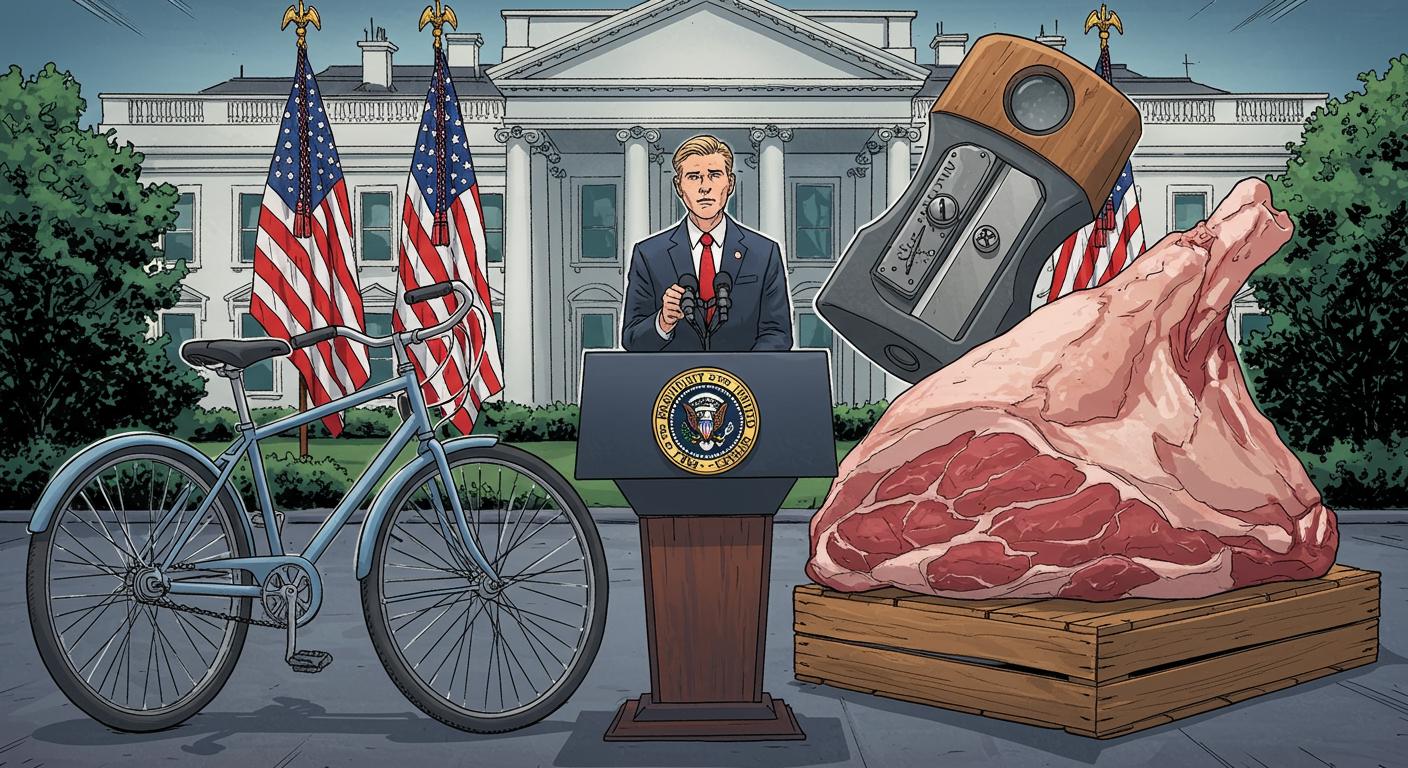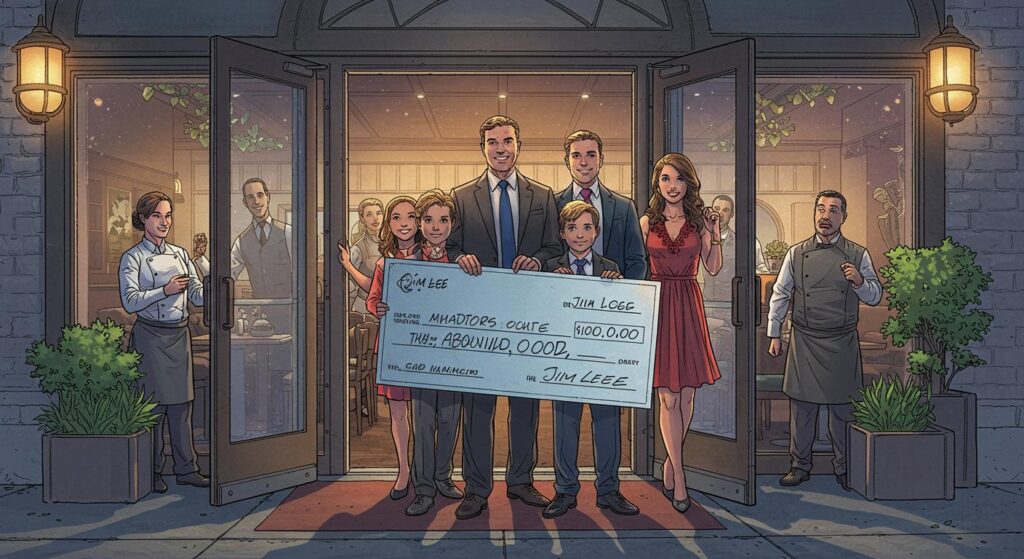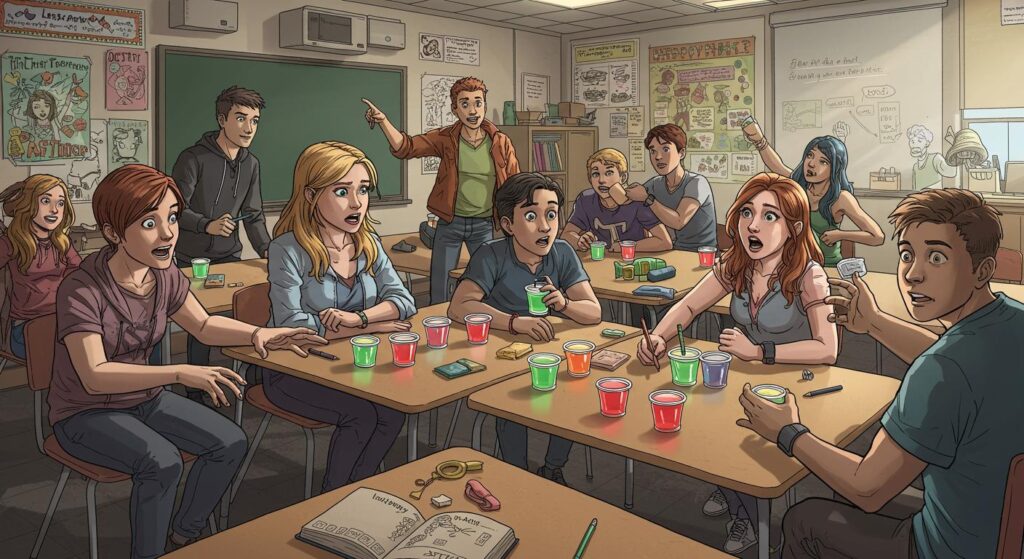If you’ve ever wondered just what sort of treats come your way when your workplace is the Oval Office, recent headlines offer a glimpse behind the ceremonial curtain. While the rest of us might unwrap a novelty mug at an office party, American presidents are logging gifts that range from the ornamental to the edible—and, not infrequently, the outright unmanageable.
From Resolute Desks to Roast Lamb
According to a recent Guardian piece, the Trump administration’s plans to accept a luxury Boeing jet from the Qatari royal family, with a reported value of $400 million, have reignited a perennial debate over ethics and U.S. constitutional law. Legal experts point out that the emoluments clause—part of the country’s original playbook—bars federal officials from accepting gifts from foreign governments without congressional approval, a measure intended to keep bribery and undue influence at bay.
Of course, this isn’t the first time presidents have been on the receiving end of peculiar generosity. The very Resolute Desk that’s become the symbolic nerve center of presidential power was itself a gift from Queen Victoria to President Rutherford B. Hayes in 1880, carved from the oak timbers of the British ship HMS Resolute. Diplomatic tokens, it seems, have a way of sticking around—sometimes for longer than the presidents themselves.
For every ornate heirloom, though, there’s the less photogenic surprise. As The Guardian describes, George W. Bush was presented with a Bulgarian puppy—a gesture that quickly ran afoul of the emoluments clause, sending the canine straight to the National Archives for adoption out to a suitable home. Bush also received 300 pounds of raw lamb courtesy of Argentina, which reportedly met its end at the hands (or incinerator) of the Secret Service, in accordance with food and drink safety protocol. Would anyone relish the paperwork trail for “lamb, unauthorized, disposed”?
Life-Size Portraits and Pencil Sharpeners
Gift-giving on the world stage veers from the stately to the surreal. Grouping several finds together, the Guardian notes that presidential libraries serve as eclectic museums for such tokens: Barack Obama’s archive, for instance, houses not just silver cufflinks, but also an unmistakably British double-decker bus pencil sharpener. Meanwhile, the Clintons were gifted a six-by-five-foot Persian-style rug, featuring hand-woven portraits of Bill and Hillary, delivered by Azerbaijan in a feat of round-the-clock weaving and perhaps questionable interior design.
Logbooks for these items are not mere formality. In a detail highlighted by the outlet, the House oversight committee revealed in 2023 that over a hundred foreign gifts provided to Trump during his first term were unaccounted for. Among the missing: a life-size painting of Trump received from El Salvador and multiple golf clubs from Japan with a collective value north of $250,000. A Trump spokesperson claimed these items arrived outside official administration windows—suggesting there’s even a gray area in gift logistics for former presidents.
Ethics, Transparency, and Tchotchkes
When it comes to the rules, gift value is key. As The Guardian explains, federal employees can keep foreign gifts only if they’re valued under $480; anything above that figure becomes the property of “the people of the United States” and must be processed by the White House Gift Unit, then typically transferred either to the National Archives or the president’s future library. If a president’s heart is set on a particular souvenir, paying the fair market value lets them add it to their own collection—a quirky nod to both formality and flexibility.
Legal wrangling isn’t far behind any outsize offering. Officials cited in the article say Trump’s team contends that gifting the Qatari jet to his presidential library after its Air Force One stint might be permissible under the rules, provided it isn’t in exchange for any official act. With gift-giving, intent and paperwork can weigh just as much as the cargo itself.
Vice presidents aren’t exactly bystanders in this process. The Guardian points out that Dick Cheney once received a double helping of gifts compared to President Bush in a single year, including four hunting rifles—one worth upward of $6,000. It appears that holding high office comes with both responsibilities and hefty goody bags.
Reflections on the World’s Strangest Receipt
So what to make of this ongoing parade of hand-woven likenesses, custom bicycles, and 300-pound carnivore conundrums? As noted in The Guardian, foreign leaders use gifts to grease diplomatic wheels, but the process is boxed in by a well-developed array of rules and, increasingly, bureaucratic caution. For every gaudy memento displayed in a presidential library, there’s an unassuming White House staffer filling out yet another asset transfer form.
Peering ahead, one can’t help but picture presidential libraries evolving into organized treasure troves of the barely practical: walls covered in smiling, rug-bound faces, trinket-filled drawers, maybe even an international jet or two safely parked (“archived”?) in perpetuity. In the end, the legacy of presidential gift-giving might lie less in monetary value than in the parade of peculiarities—each piece a testament to diplomacy, and to the singular weirdness of what it means to be, quite literally, gifted on the world stage. Does any country do “awkward yet intriguing accumulation” quite like the United States?







